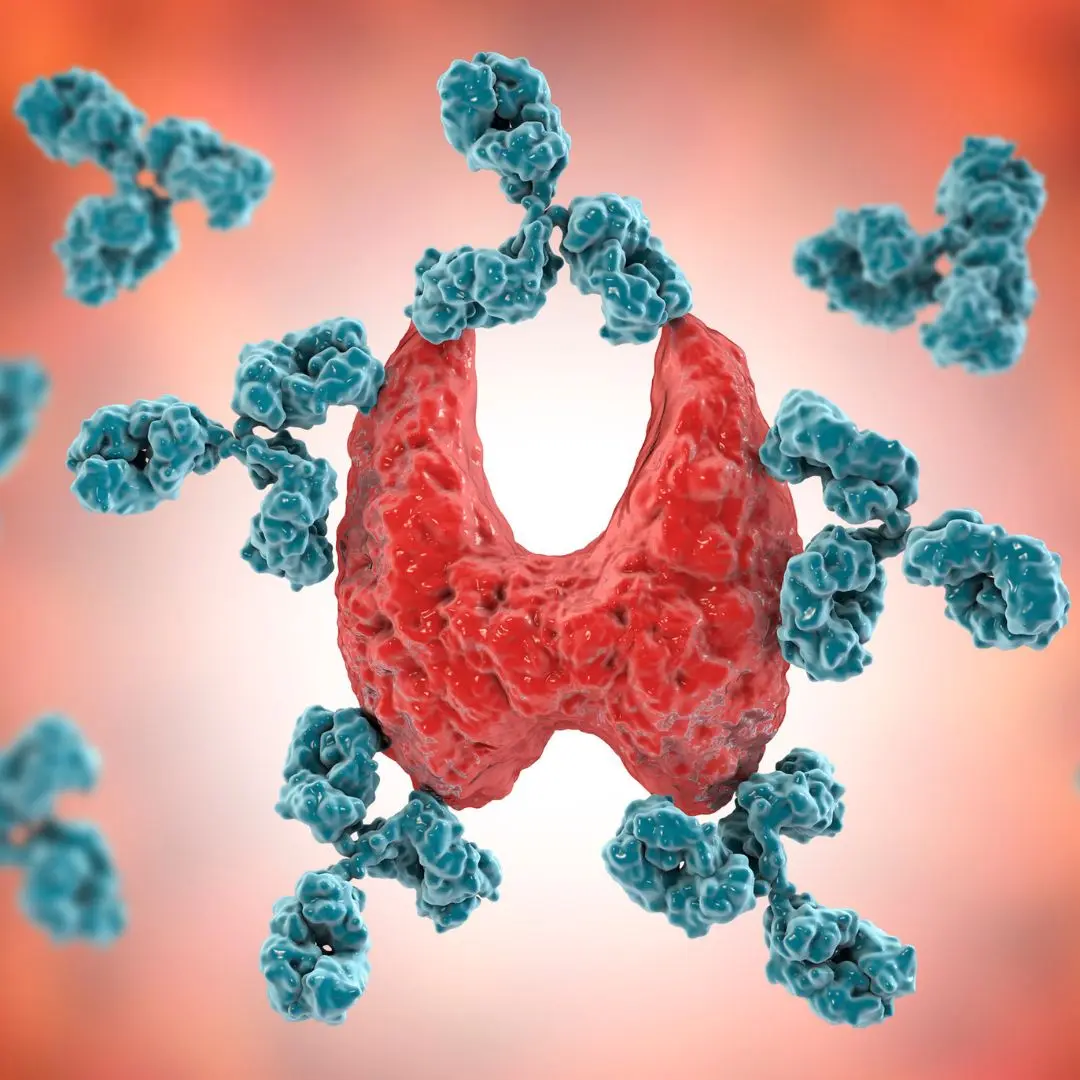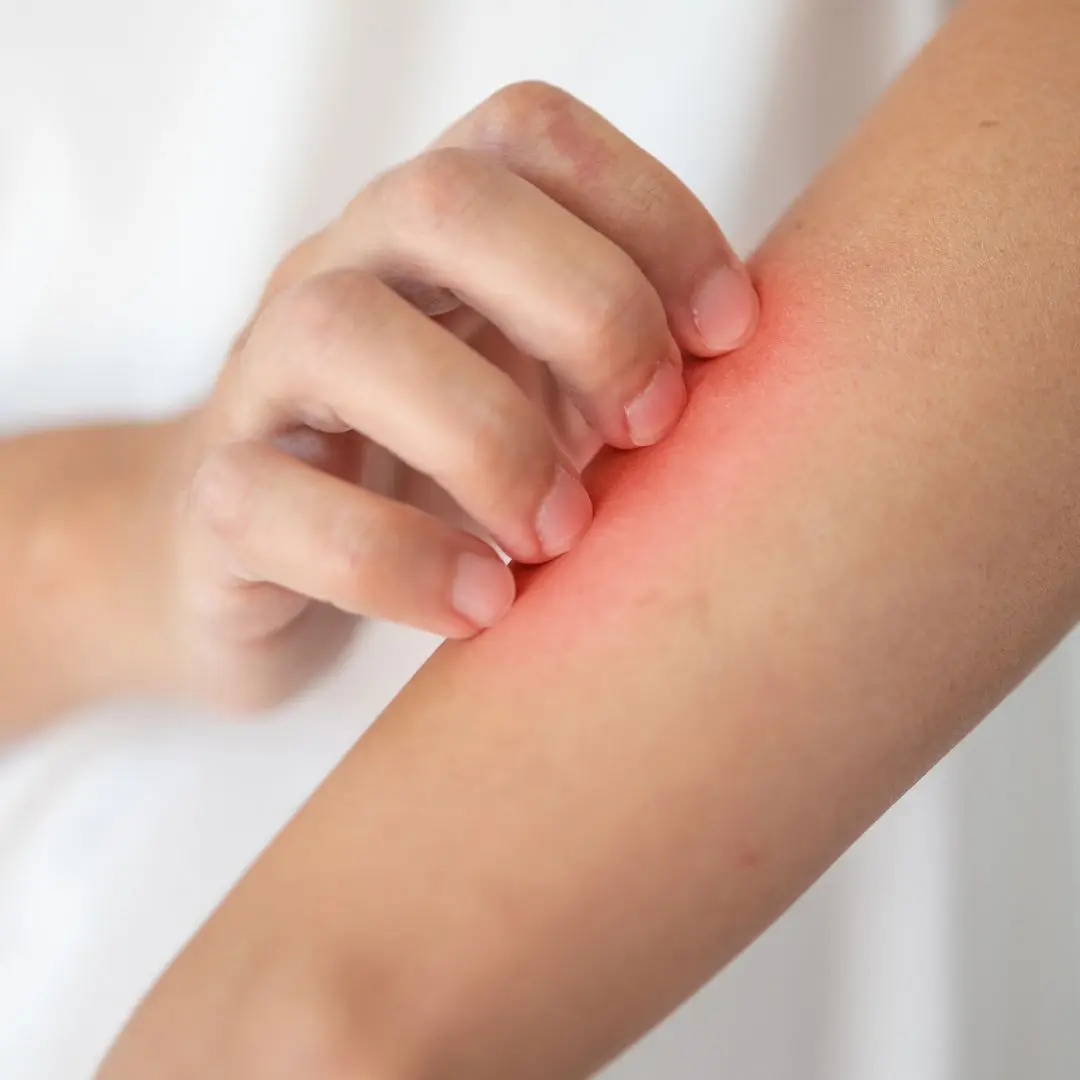Autoimmune diseases are conditions where the immune system mistakenly attacks the body's own tissues, leading to inflammation, pain, and organ damage.

Blog
Cure Autoimmune Disease in 30 Days: Fact or Fiction?
Autoimmune diseases are conditions where the immune system mistakenly attacks the body's own tissues, leading to inflammation, pain, and organ damage. These diseases can affect various parts of the body, including the skin, joints, thyroid, and digestive system. Understanding the underlying mechanisms of autoimmune diseases is crucial for effective management and treatment.
There are over 80 known autoimmune diseases, each with its own set of symptoms and complications. Some common autoimmune diseases include rheumatoid arthritis, lupus, multiple sclerosis, type 1 diabetes, and inflammatory bowel disease. While the exact cause of autoimmune diseases remains unknown, genetic predisposition, environmental factors, and immune system dysregulation are believed to play a role.
While there is no cure for autoimmune diseases, various treatment options are available to manage symptoms and improve quality of life. These may include medications to suppress the immune response, reduce inflammation, and alleviate pain, as well as lifestyle modifications such as stress management, regular exercise, and a balanced diet. In some cases, alternative therapies such as acupuncture, chiropractic care, and dietary supplements may also be considered as adjunctive treatments.
The idea of curing autoimmune diseases in 30 days is often promoted through alternative medicine and wellness communities. However, it's essential to approach such claims with skepticism and critical thinking. Autoimmune diseases are complex conditions that require individualized treatment plans tailored to each patient's specific needs. While certain lifestyle changes and therapies may help manage symptoms and improve overall health, there is no one-size-fits-all cure for autoimmune diseases within a short timeframe.
Instead of focusing on quick fixes or miracle cures, individuals with autoimmune diseases are encouraged to adopt a holistic approach to their health and well-being. This may involve working closely with healthcare professionals to develop a comprehensive treatment plan that addresses both the physical and emotional aspects of the condition. Emphasizing self-care, stress reduction, adequate sleep, and a supportive network of friends and family can also play a significant role in managing autoimmune diseases effectively.
It's crucial for individuals with autoimmune diseases to seek guidance from qualified healthcare providers who specialize in autoimmune disorders. These professionals can offer personalized treatment recommendations based on the latest scientific evidence and clinical guidelines. Engaging in open communication, asking questions, and actively participating in the decision-making process can empower patients to take control of their health and make informed choices about their care.
While the idea of curing autoimmune diseases in 30 days may sound appealing, it's important to approach such claims with caution and skepticism. Autoimmune diseases are complex conditions that require ongoing management and support from healthcare professionals. By focusing on holistic health practices, individualized treatment plans, and a proactive approach to self-care, individuals with autoimmune diseases can better manage their symptoms and improve their overall quality of life over time.
There are over 80 known autoimmune diseases, each with its own set of symptoms and complications. Some common autoimmune diseases include rheumatoid arthritis, lupus, multiple sclerosis, type 1 diabetes, and inflammatory bowel disease. While the exact cause of autoimmune diseases remains unknown, genetic predisposition, environmental factors, and immune system dysregulation are believed to play a role.
While there is no cure for autoimmune diseases, various treatment options are available to manage symptoms and improve quality of life. These may include medications to suppress the immune response, reduce inflammation, and alleviate pain, as well as lifestyle modifications such as stress management, regular exercise, and a balanced diet. In some cases, alternative therapies such as acupuncture, chiropractic care, and dietary supplements may also be considered as adjunctive treatments.
The idea of curing autoimmune diseases in 30 days is often promoted through alternative medicine and wellness communities. However, it's essential to approach such claims with skepticism and critical thinking. Autoimmune diseases are complex conditions that require individualized treatment plans tailored to each patient's specific needs. While certain lifestyle changes and therapies may help manage symptoms and improve overall health, there is no one-size-fits-all cure for autoimmune diseases within a short timeframe.
Need Personalized Health Guidance?
Get expert advice tailored to your specific health needs from our qualified healthcare professionals.





